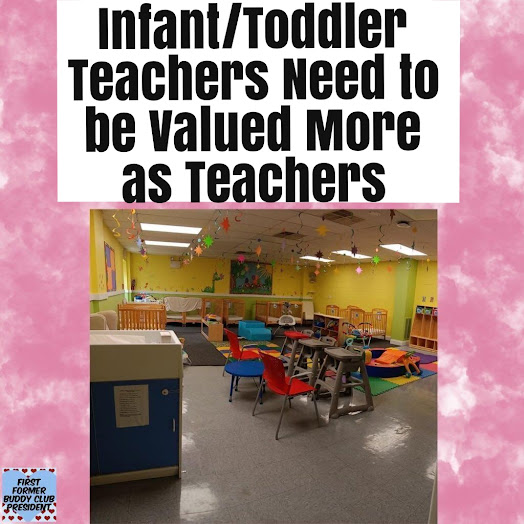Intro to the New Church Doctrines Journal #8
CONTENT WARNING: The religious/spiritual opinions in this blog post are mine based on my own experiences. They do not reflect everyone's opinions, experiences, and actions. Commentaries published on my First Former Buddy Club President influencer page represent diverse viewpoints. If you would like to submit a commentary, please contact me for more information. All perspectives and experiences are welcome here.
In my first trimester at Bryn Athyn College, I was required to take a religion course along with eventually some other religion courses since it is a religious school. Bryn Athyn practices the New Church religion of Swedenborg so the required religion course that I took this trimester was Intro to the New Church Doctrines. For the class, one of the required assignments was to write daily journals based on readings from "You Can Believe!: An Introduction to the New Christianity" written by Grant Schnarr (The author was actually my professor for the class! He is a minister in the church!) and we students had to apply what we read to our lives. So, since some of the content mentioned in this short essay that I wrote is related to the content that I post on my disability advocacy influencer page, I have decided to upload it is a blog post. Here is Journal #8.
TRIGGER WARNING: If you are affected emotional abuse, this blog post may be triggering. If you need support right now, please reach out to a therapist, other mental health professional, or call the National Suicide Prevention Lifeline at 988 or text "HOME" to the Crisis Text Line at 741741 if you live in the USA or text "CONNECT" to the Crisis Text Line at 686868 if you live in Canada. You can also visit my hotline resources page by clicking on this hyperlink: Hotline Resources.
Prompt: "Journal Entry on You Can Believe! Chapter 4. Show me you read, thought deeply about what you read, and apply it to your life."
Making choices are a big part of independence and everyone makes plenty of positive and negative choices including some that can be life-changing. We are constantly influenced by Heaven and Hell who are the angels and evil spirits. When those voices come into our heads, that is the voice of Heaven or Hell. Heaven influences things like forgiveness and good deeds while Hell influences things like revengeful acts and sins. Everyone either becomes Heavenly or Hellish things. All individuals have the final control over their choices while it is the angels or evil spirits who just influence them to do those things. This is called free will.
There are many pros and cons of the right to free will. "God loves us so much that He made us free. Doing evil to others isn't right, but we are able to do it. Hurting others isn't God's will for the human race, but God has given us free will all the same. Free will is a huge gift from the source of love and life and a huge responsibility to use wisely" (pg. 37, Schnarr 2006). One of the main reasons that God gave everyone the right to have free will is for the purpose of freedom. This freedom allows everyone to be able to make their own choices without anyone abusively controlling them and so that they can do enjoyable things that they want to do. However, everyone makes many negative or evil choices at some point in life. While no one is perfect, it is important that everyone self-reflects upon these bad actions in order to improve their behaviors and prevent hurting others. In addition, everyone should encourage all others to do the same because they are worthy of improvement and kindness and it is possible for anyone to change. "In times of tragedy, we may not be able to see immediately that God is there, leading us to peace, comfort, and so much more. However, we can rest assured that this world has been set up in such a way that all can be bent and turned toward good. God provides constantly that the choice for good is always present and continually lifts us up from pain and doubt to freedom to live and love again" (pg. 38, Schnarr 2006). This means that even some people who do severely bad things can potentially change for the better. Nothing changes without change.
When it comes to the aftermath of any traumatic or negative life events, the healing process takes time at different paces for everyone. This is due to how emotionally distressing the situations may affect the people with the experiences. All feelings are valid while everyone should also move forward from what happened meaning that they do not let their difficulties control their lives completely. In order to do this, people should have a growth mindset while also reminding themselves that it is okay not to be okay. The words from You Can Believe! written by Grant Schnarr that state: "No matter how far we have fallen, no matter how hurt we have become, no matter what circumstance we may be in, if---and this is the key---if we are willing to be lifted up" are so true (pg. 42, Schnarr 2006). This quote reminds people that despite anyone's struggles there is hope for experiencing happiness and positivity again.
You can also visit my hotline resources page by clicking on this hyperlink: Hotline Resources




Comments
Post a Comment